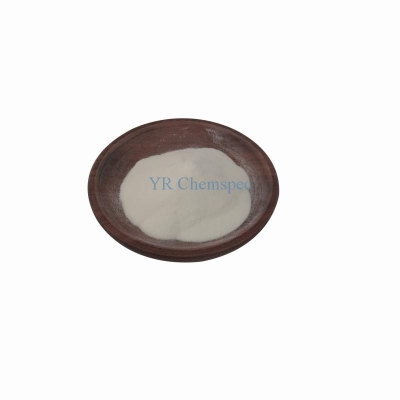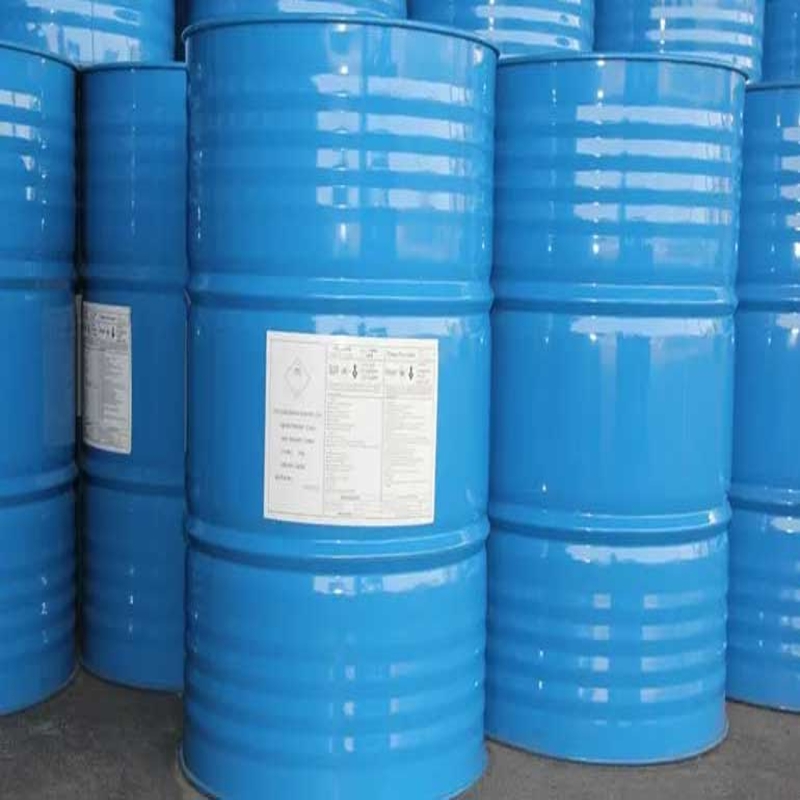-
Categories
-
Pharmaceutical Intermediates
-
Active Pharmaceutical Ingredients
-
Food Additives
- Industrial Coatings
- Agrochemicals
- Dyes and Pigments
- Surfactant
- Flavors and Fragrances
- Chemical Reagents
- Catalyst and Auxiliary
- Natural Products
- Inorganic Chemistry
-
Organic Chemistry
-
Biochemical Engineering
- Analytical Chemistry
-
Cosmetic Ingredient
- Water Treatment Chemical
-
Pharmaceutical Intermediates
Promotion
ECHEMI Mall
Wholesale
Weekly Price
Exhibition
News
-
Trade Service
Recently, the team of Professor Guo Hong from the School of Materials and Energy of Yunnan University has made new progress in the research and development of new solid-state lithium metal organic batteries
.
Professor Hong Guo's team designed and prepared three lithium carboxylate-regulated covalent organic framework single lithium ion conductor materials
.
From the effects of different framework structures and the number of active sites on the conductivity and migration number of lithium ions, combined with theoretical calculations, they deeply studied the electrostatic potential distribution of the three materials, and used density functional theory calculations to analyze the migration path of lithium ions and energy barrier difference
.
Subsequently, the research team assembled a quasi-solid-state battery with lithium metal as the negative electrode, the organic small molecule cyclohexanone as the positive electrode, and the constructed single-ion conductor as the solid-state electrolyte
.
The performance test and theoretical calculation results show that the single-ion conductor can inhibit the growth of lithium dendrites, and the quasi-solid-state battery can solve the dissolution of organic small-molecule cathode materials in the electrolyte
.
This strategy provides an important theoretical basis and technical support for the construction of high-efficiency quasi-solid-state lithium metal-organic batteries
.







